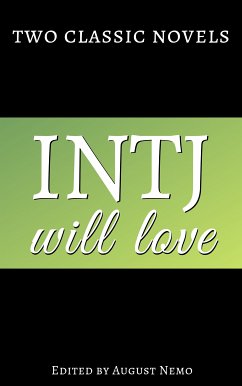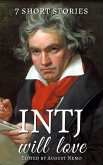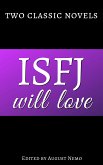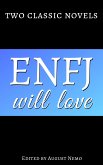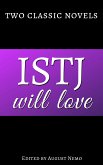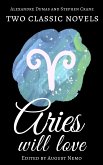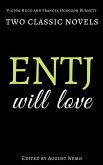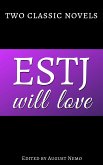INTJs are highly capable and like to work alone; their mind works rationally and analytically, always one step ahead. In this book you will find two classic novels specially selected to please the tastes of the INTJ. These are works by renowned authors that will surely bring reflections, insights and fun to people with this kind of personality. For INTJ, we chose: - Study In Scarlet by Arthur Conan Doyle. - Pride And Prejudice by Jane Austen.For more books that will suit you, be sure to check out our collection 7 Short Stories your Myers-Briggs Type Will Love!
Dieser Download kann aus rechtlichen Gründen nur mit Rechnungsadresse in A, B, BG, CY, CZ, D, DK, EW, E, FIN, F, GR, H, IRL, I, LT, L, LR, M, NL, PL, P, R, S, SLO, SK ausgeliefert werden.

